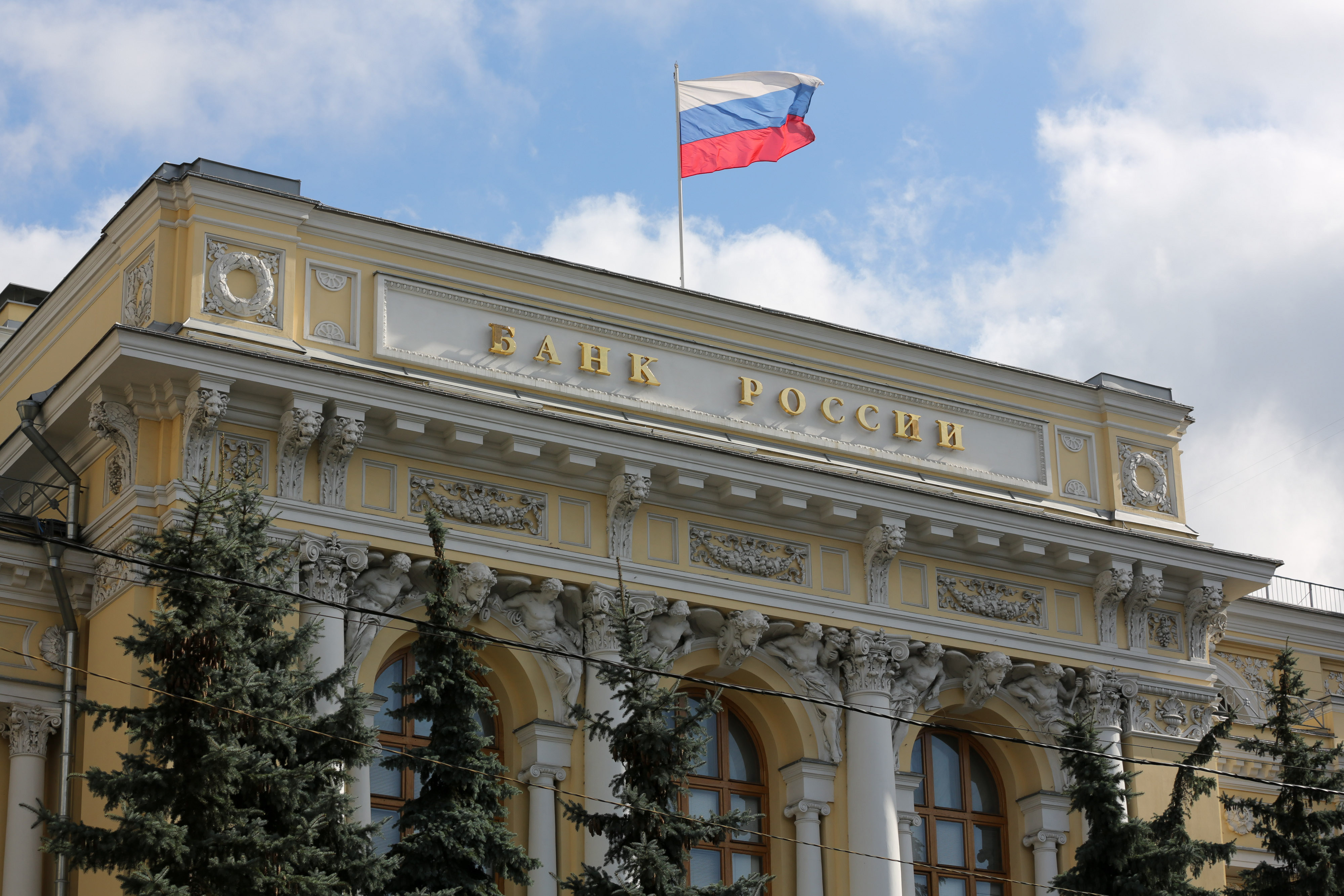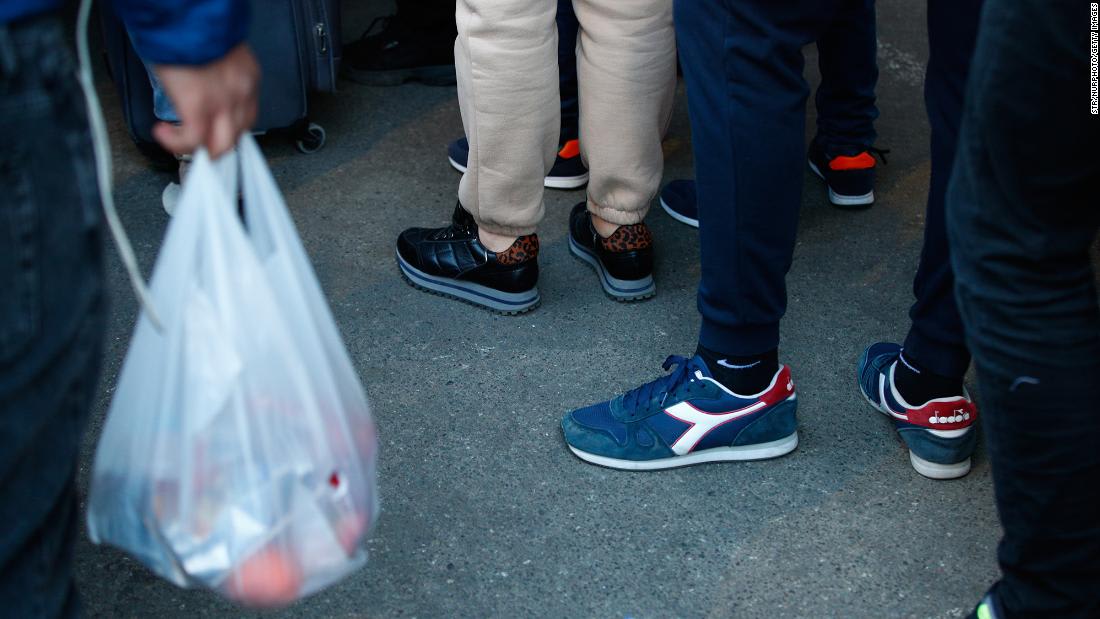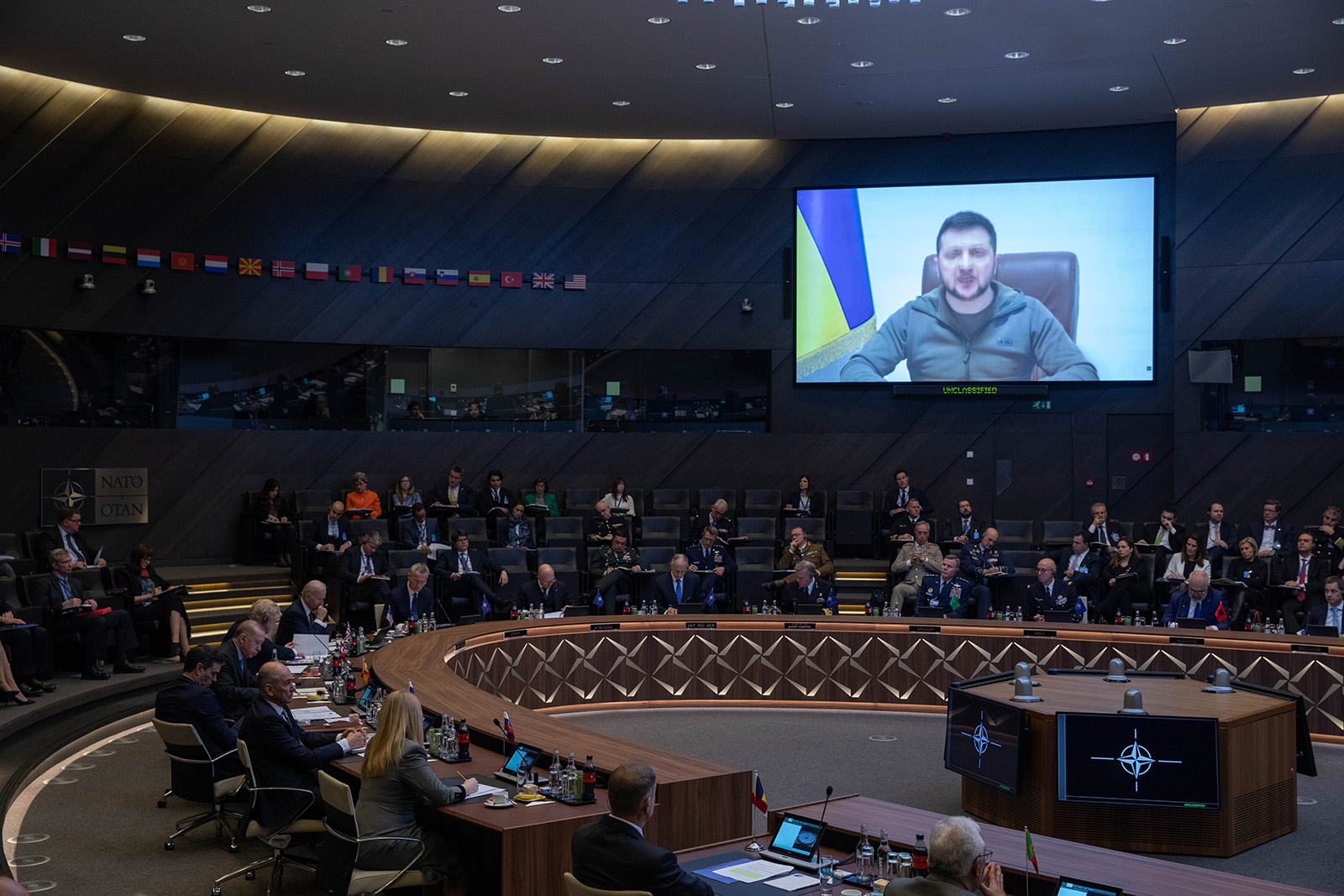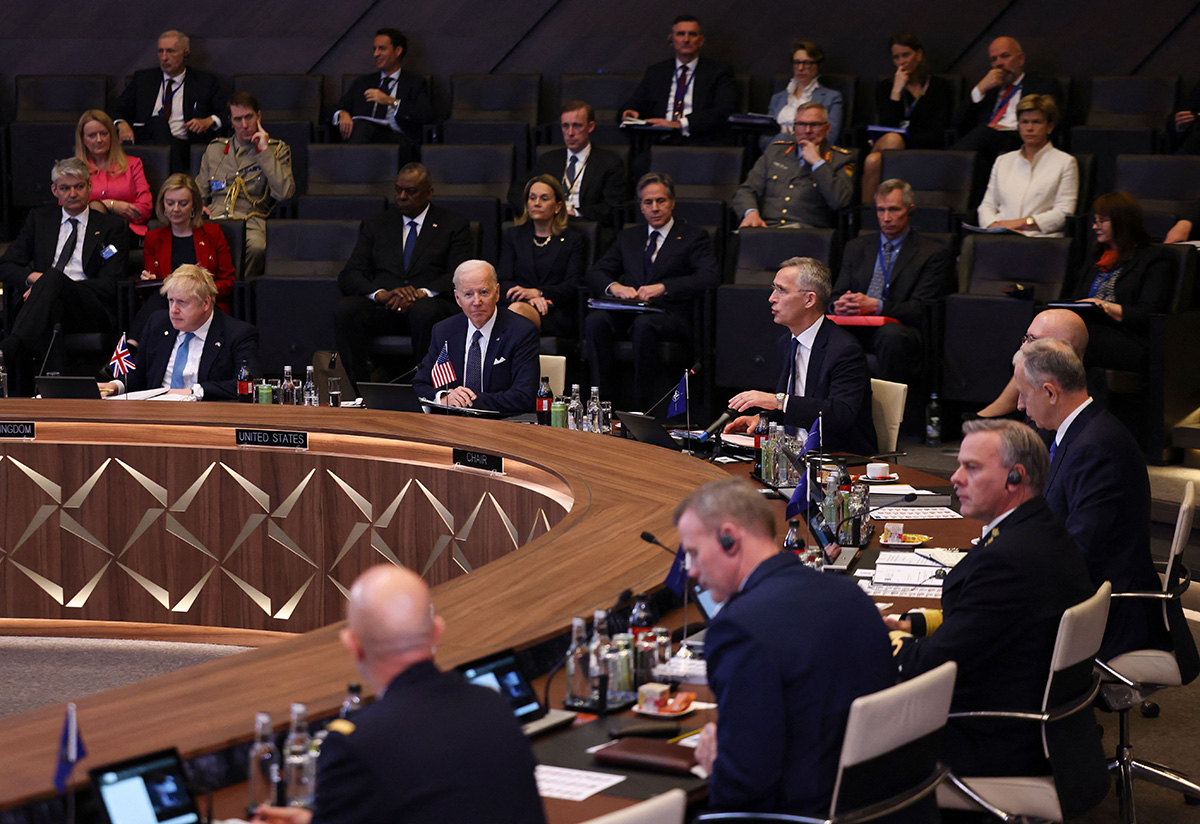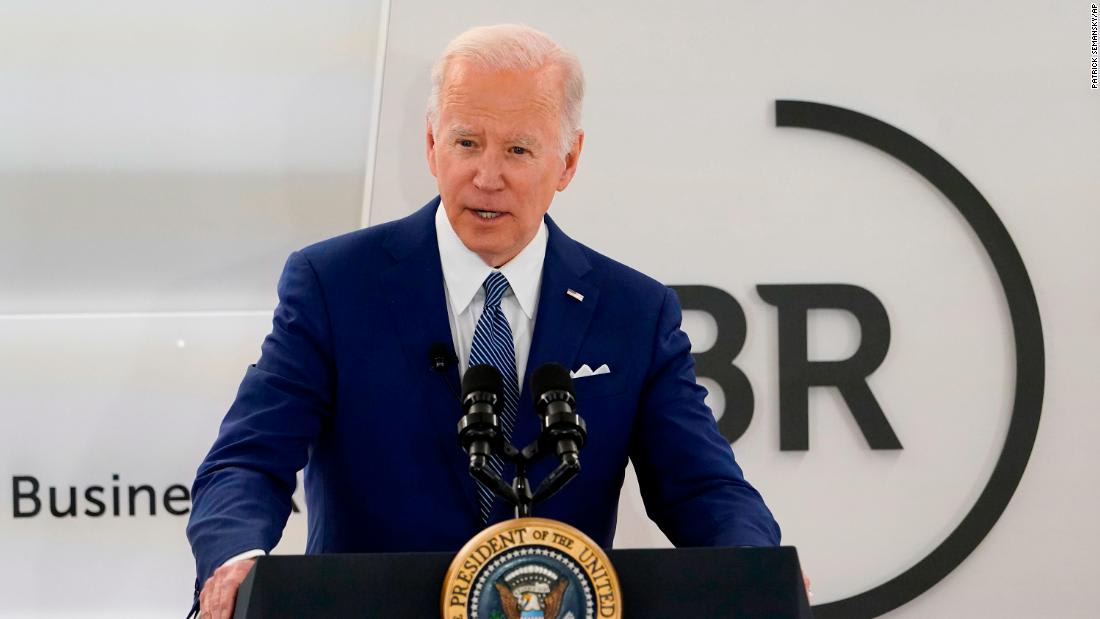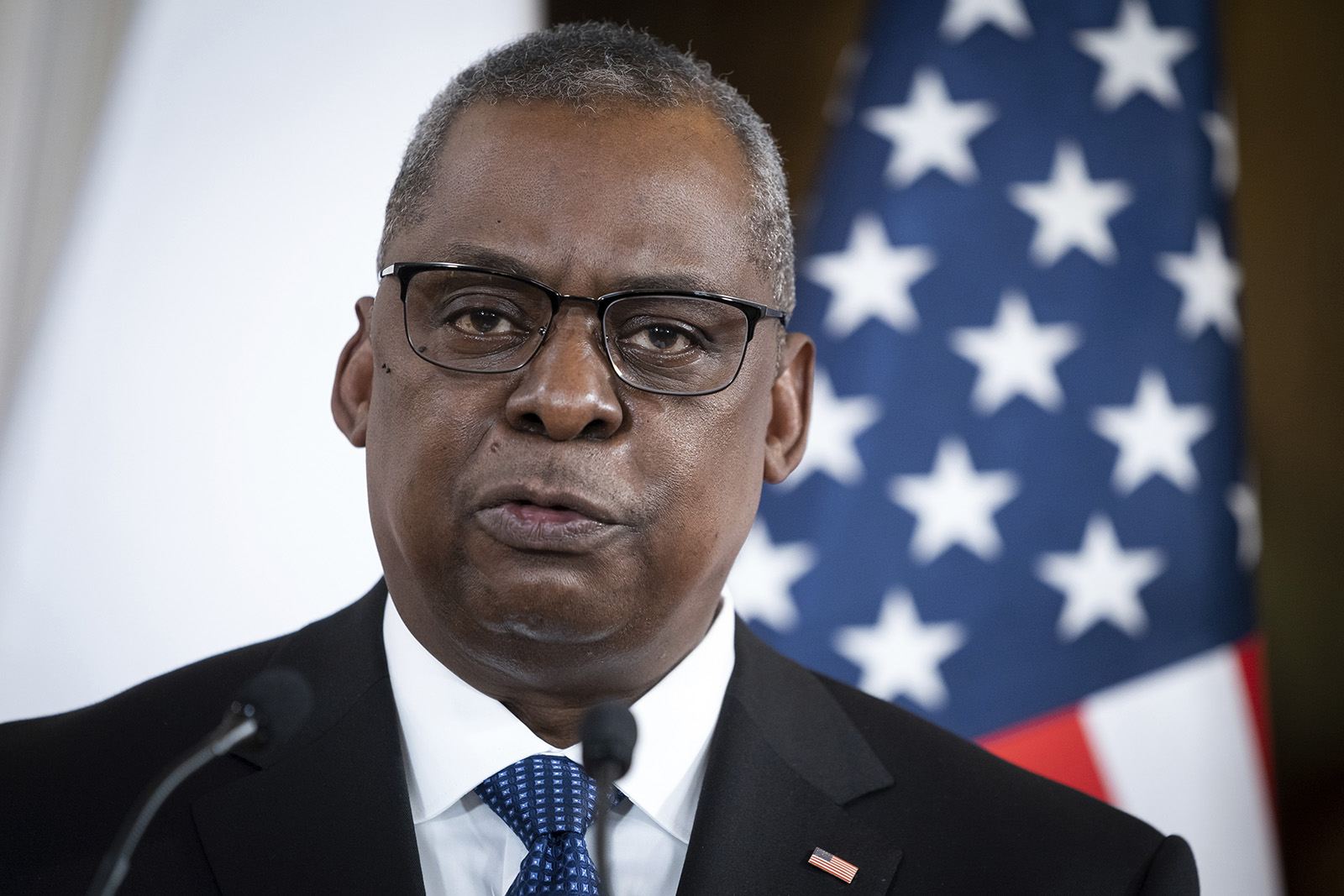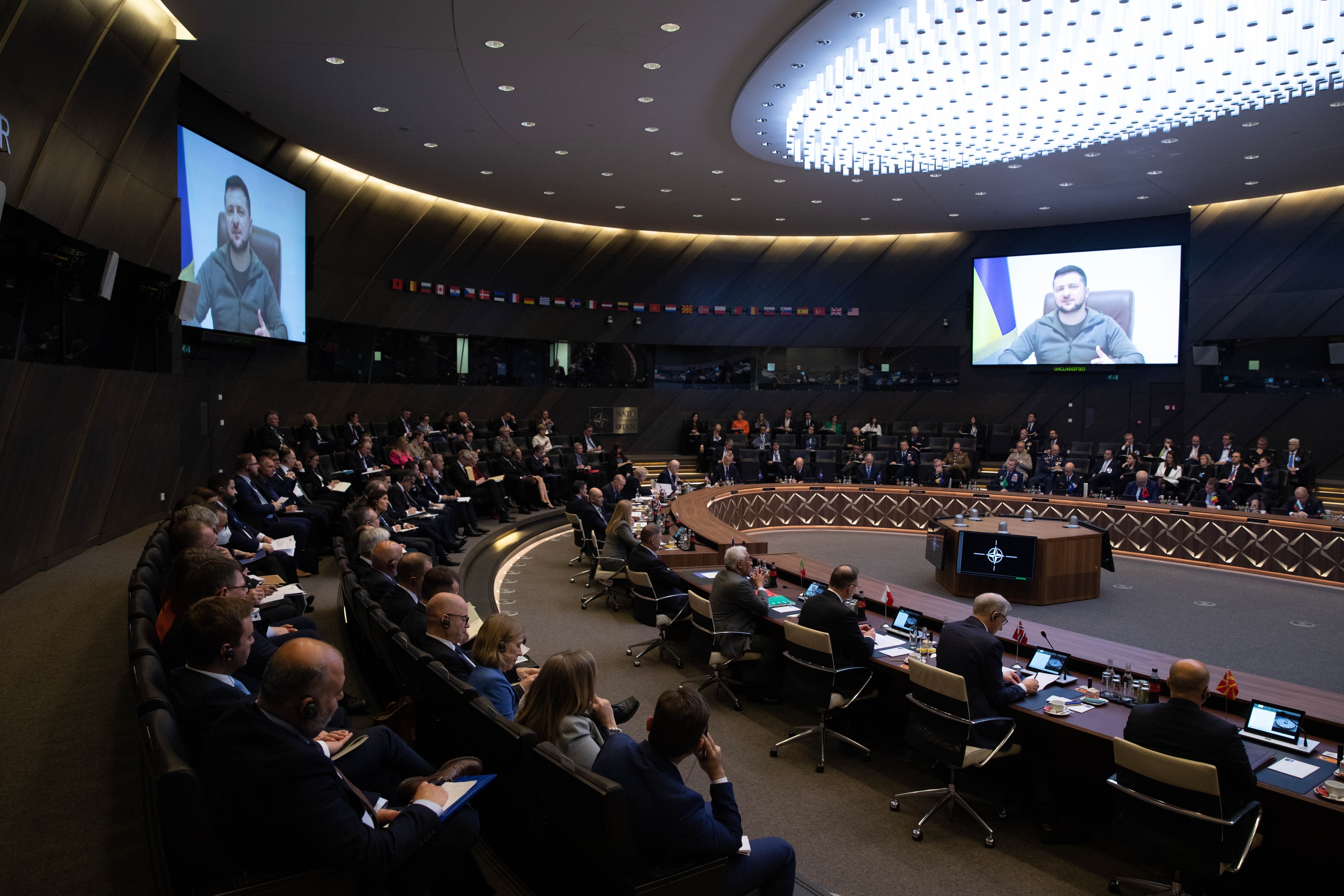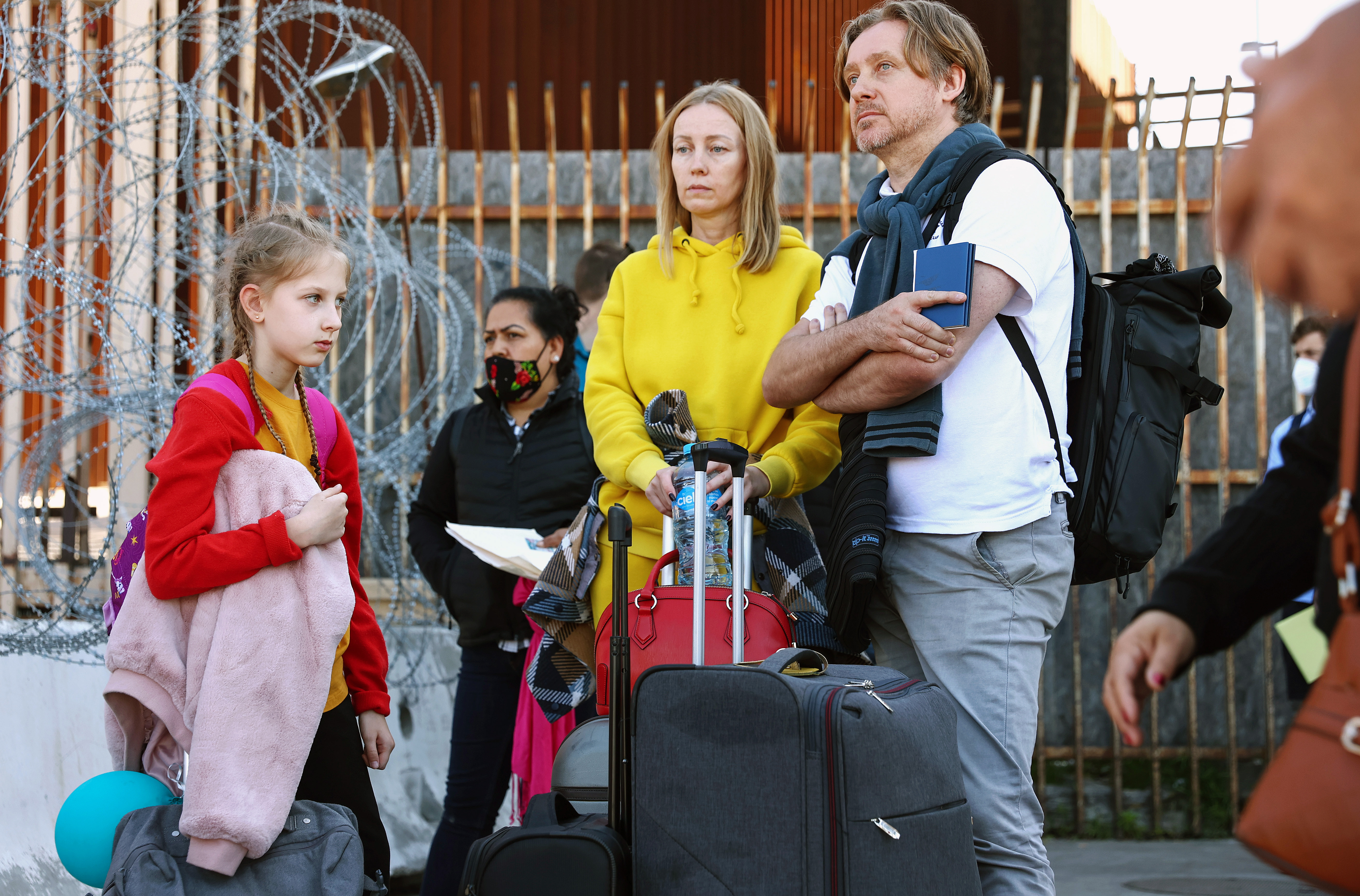
The United States will welcome up to 100,000 Ukrainians and others fleeing Russia’s aggression, a senior administration official announced Thursday.
“To meet this commitment, we are considering the full range of legal pathways to the United States,” the official said, which includes US refugee admissions program, parole and immigrant and nonimmigrant visas.
The official said the White House will not have to ask Congress to expand the current cap on annual refugees — which is currently set at 125,000 for fiscal year 2022 — because it is more a “long-term commitment” and there will be other avenues to enter the United States for many of those Ukrainians.
“We still have a significant capacity within the 125,000 so we don’t currently envision the need to go beyond that,” the official said.
The official said that the administration is working to expand and develop new programs with “a focus on welcoming Ukrainians who have family members in the United States.”
There will be an emphasis on protecting the most vulnerable among the refugee populations, including members of the LGBTQI+ community, those with medical needs, journalists and third country nationals.
“By opening our country to these individuals, we will help relieve some of the pressure on the European host countries that are currently shouldering so much of the responsibility,” the official added.
